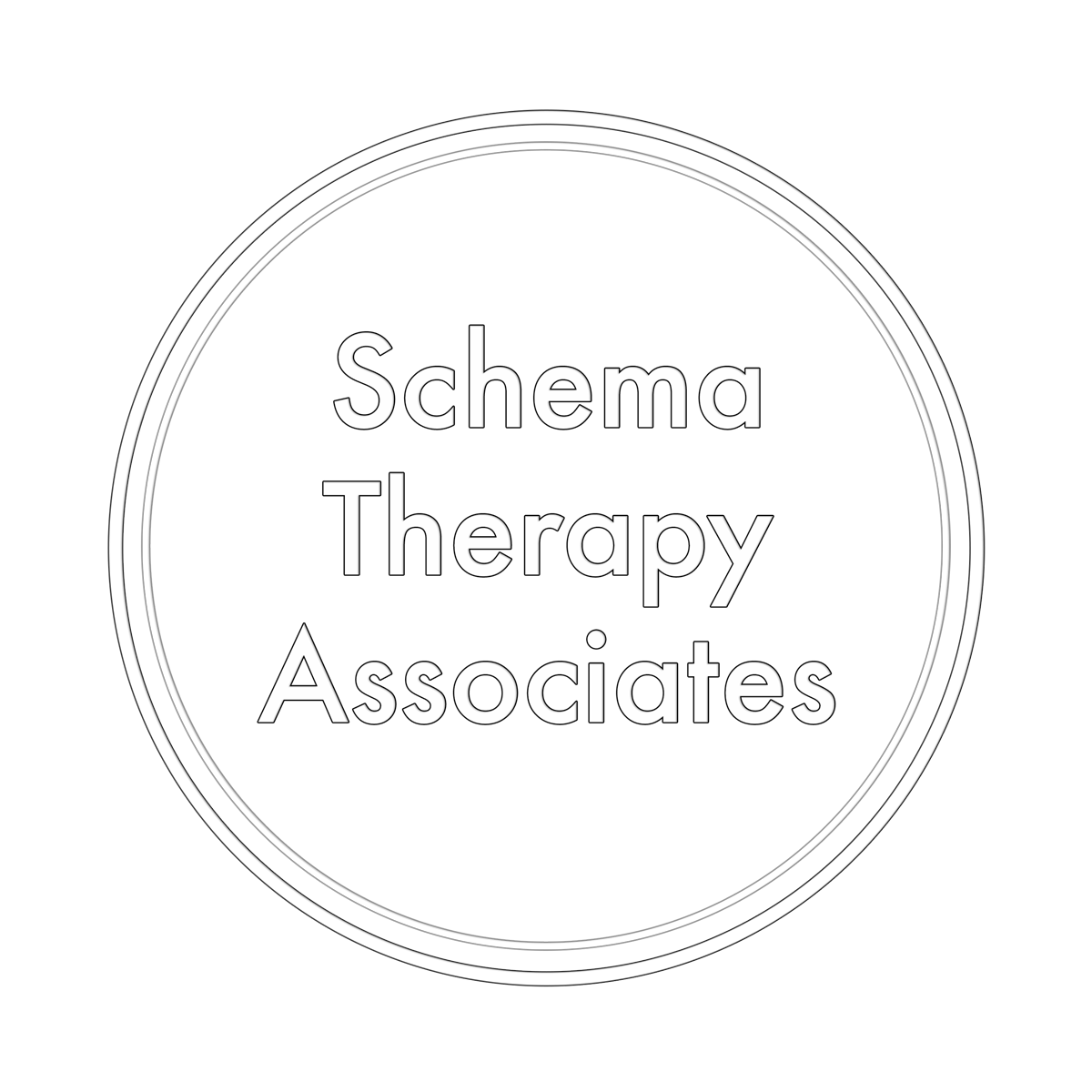Mastering Microskills
through
Deliberate Practice
facilitated by Dr Tara Cutland Green
This programme of 7 x 1 hour 50 mins sessions (live, via Zoom) compliments core ST training and supervision. You will have a supportive space to fine-tune skills through seeing them demonstrated, practising them and obtaining feedback. This is an opportunity to develop your own voice, be more authentically you and become more attuned to your clients.
Highly recommended if you are pursuing ISST certification.
Exercises are modified to match your personal skill level and preferred degree of challenge, so whether you are relatively new to Schema Therapy (you will need to have attended some foundational training) or an experienced, advanced schema therapist, this is for you!
Provides over 12.5 hours (equivalent to 2 days) of ISST-recognised CPD.
Priced to be accessible at just £299.
Hear what participants have to say in this 2 minute video (and see below).

